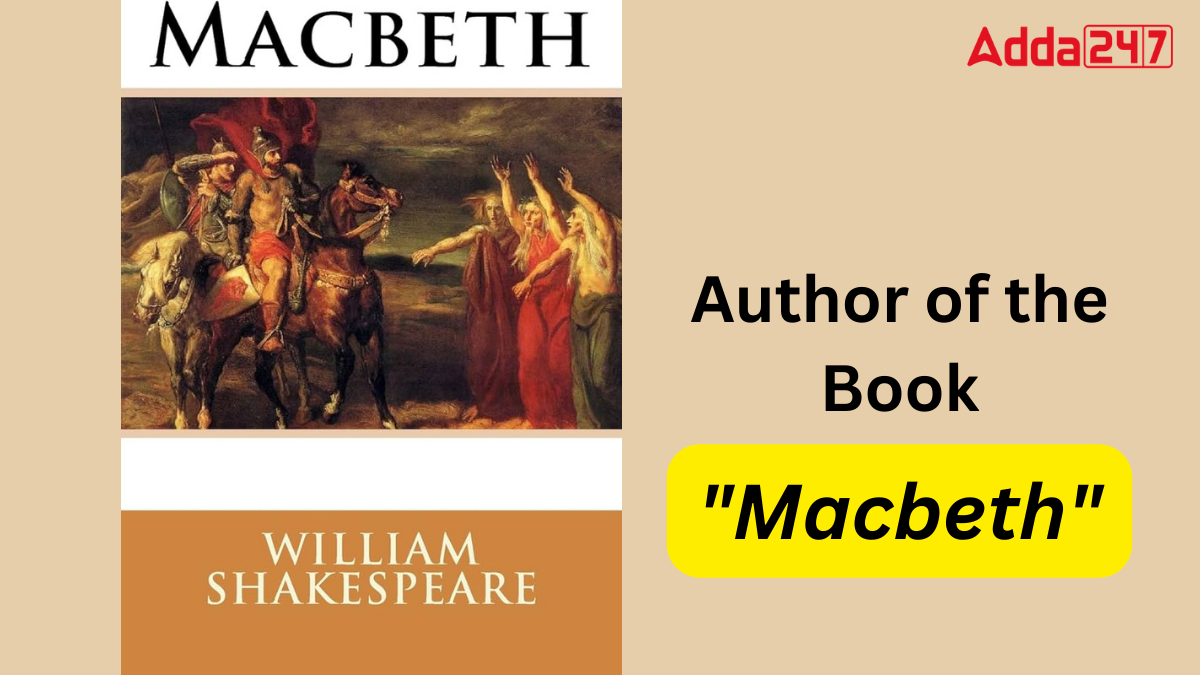Macbeth is a tragedy play written by William Shakespeare, believed to have been composed between 1606 and 1607. It was first published in the First Folio of 1623, a collection of Shakespeare’s plays assembled by his colleagues after his death. Shakespeare is widely regarded as one of the greatest playwrights in the English language and Macbeth is among his most famous works.
Overview of Macbeth
Macbeth is a tragedy in five acts that explores the themes of ambition, guilt, and the corrupting influence of power. Set in medieval Scotland, the play tells the story of Macbeth, a brave Scottish general, who receives a prophecy from three witches that he will become the king of Scotland. Consumed by ambition and spurred on by his wife, Lady Macbeth, Macbeth murders King Duncan and seizes the throne. However, his reign is marked by paranoia and violence as he attempts to secure his power.
Author of the Book Macbeth
The author of Macbeth is William Shakespeare, a renowned playwright and poet of the Elizabethan era. Composed around 1606–07, Macbeth is one of Shakespeare’s shortest yet most powerful tragedies. It explores themes of ambition, guilt, and the consequences of unchecked desire through the story of Macbeth’s ruthless pursuit of power in medieval Scotland. Shakespeare’s works, including Macbeth, are celebrated for their profound insights into human nature and enduring relevance in literature and theatre.
Themes in Macbeth
“Macbeth” explores several enduring themes:
- Ambition: The corrupting influence of unchecked ambition is central to Macbeth’s downfall.
- Guilt: Both Macbeth and Lady Macbeth are consumed by guilt after committing murder, leading to their psychological unraveling.
- Fate vs. Free Will: The play examines the extent to which Macbeth’s actions are predetermined by fate or influenced by his own choices.
Significance and Legacy of Macbeth
Macbeth remains one of Shakespeare’s most performed and studied plays, known for its vivid characters and powerful language. It continues to resonate with audiences for its exploration of universal themes and complex characters, particularly the ambitious and morally conflicted Macbeth.




 Which District is known as the Medical C...
Which District is known as the Medical C...
 Which was the First Women's University i...
Which was the First Women's University i...
 Which Island is known as the Island of P...
Which Island is known as the Island of P...








